Sudan’s hard currency reserves cover three months of imports
The hard currency reserves in the Central Bank of Sudan suffice the country’s need for imports for a period ranging between two to three months.
In a press conference on Wednesday, El Mutasim Abid, Deputy Director of the Central Bank of Sudan, said that the hard currency reserves at the bank suffice imports for a period of two to three months.
 The Central Bank of Sudan (CBoS)
The Central Bank of Sudan (CBoS)
The hard currency reserves in the Central Bank of Sudan suffice the country's need for imports for a period ranging between two to three months, the Deputy Director of the Central Bank of Sudan said in a press conference on Wednesday.
Deputy Director El Mutasim Abid noted hereby that in general the hard currency resources are sufficient for the country between four to six months.
Badreldin Abdelrahim, Director of the Central Bank of Sudan, stated that the bank's policies for 2020 do not make any exception to any party.
He announced a ban on the financing of foreign exchange companies, money bills, trade credits, the purchase of gold, and of motorcycles, rickshaws, and buses.
Restructuring needed
In his analysis of the banking sector in Sudan, in particular after the government introduced Islamic Banking in 1978, former banker Hafiz Ismail advices the Central Bank to establish a corruption investigation committee, restructure the banks and their management, recapitalise the banks, and set up hybrid banking systems to give the Sudanese customers the choice between traditional and Islamic banking.
Sudan’s total exports in 2017 amounted to $4,100 million, while the imports were $9,133 million in total. The balance of trade ran at a deficit of $5,033 million, reflected in the depreciation of the value of the Sudanese Pound.
During Al Bashir’s reign (1989-2019), public sector borrowing from the banking system was very high. In total, the budget deficit in 2018 was SDG 37,836 million according to the Central Bank. That meant the government borrowed SDG 15,156 million from the banking sector (deficit finance) which fuelled inflation.
In December, the forex continued to rise on the streets of Khartoum, with the Dollar trading markets at nearly SDG 90 compared to SDG 80 in early November.
Radio Dabanga’s editorial independence means that we can continue to provide factual updates about political developments to Sudanese and international actors, educate people about how to avoid outbreaks of infectious diseases, and provide a window to the world for those in all corners of Sudan. Support Radio Dabanga for as little as €2.50, the equivalent of a cup of coffee.









 and then
and then